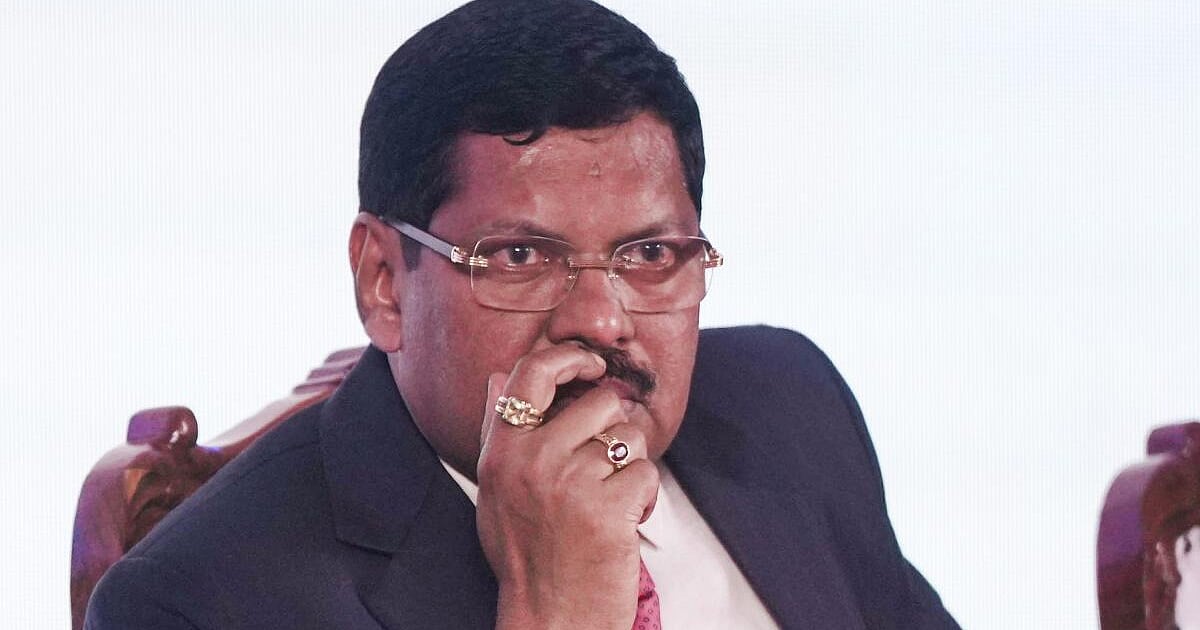Technology's Role in Justice: CJI Gavai Urges Maintaining Human Element in Canadian Courts

In a recent address, Chief Justice of India (CJI) Gavai cautioned against an over-reliance on technology within the Canadian judicial system. While acknowledging the benefits of technological advancements in streamlining court processes and improving efficiency, CJI Gavai emphasized the critical importance of preserving the human element and ensuring that justice remains rooted in empathy, fairness, and understanding.
The increasing integration of Artificial Intelligence (AI), data analytics, and automated systems is transforming various sectors, and the legal field is no exception. Courts are exploring ways to leverage these tools for tasks like case management, evidence analysis, and even preliminary legal research. However, CJI Gavai's warning underscores a crucial concern: the potential erosion of public trust if technology overshadows the fundamental principles of justice.
“Technology is a tool, and like any tool, it must be used responsibly and ethically,” CJI Gavai stated. “While it can enhance our capabilities, it cannot replace the human judgment, compassion, and nuanced understanding that are essential to delivering fair and equitable outcomes.”
The Importance of Human Discretion
The Canadian legal system prides itself on its commitment to due process, individual rights, and the principles of natural justice. These principles are not merely procedural guidelines; they are deeply intertwined with the human capacity to interpret laws, consider mitigating circumstances, and exercise discretion in complex situations. An over-dependence on algorithms and automated decision-making could lead to rigid application of rules, potentially overlooking crucial contextual factors and resulting in unjust outcomes.
CJI Gavai highlighted examples where purely technological solutions could fall short. Consider a scenario involving a minor traffic violation. While an AI system might automatically issue a fine based on pre-programmed rules, a human judge can consider the driver's circumstances – perhaps a medical emergency or a genuine misunderstanding – and exercise leniency. This ability to factor in the human element is vital for ensuring fairness and maintaining public confidence.
Safeguarding Public Trust
Public trust is the bedrock of any functioning judicial system. When people believe that courts are fair, impartial, and accessible, they are more likely to respect the rule of law and abide by judicial decisions. Allowing technology to dominate the justice delivery process risks alienating the public and undermining this trust. People need to feel that their cases are being heard and decided by human beings who understand their concerns and are committed to upholding justice.
A Balanced Approach
CJI Gavai’s message is not an outright rejection of technology in the courts. Rather, it's a call for a balanced approach. Technology should be viewed as a valuable tool to assist judges and legal professionals, not to replace them. The focus should be on using technology to enhance the efficiency and accessibility of justice while preserving the human element at its core. This includes investing in training for judges and legal staff to effectively utilize technology while maintaining their critical thinking and ethical judgment.
Moving forward, the Canadian judicial system must carefully consider the ethical and societal implications of integrating technology into its processes. Open dialogue, ongoing evaluation, and a steadfast commitment to human values are essential to ensuring that technology serves justice, rather than undermining it. The goal is to create a system that is both efficient and equitable, where technology and humanity work together to deliver justice for all Canadians.





